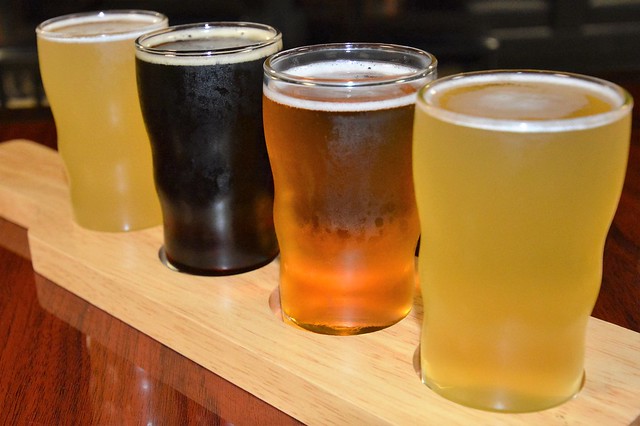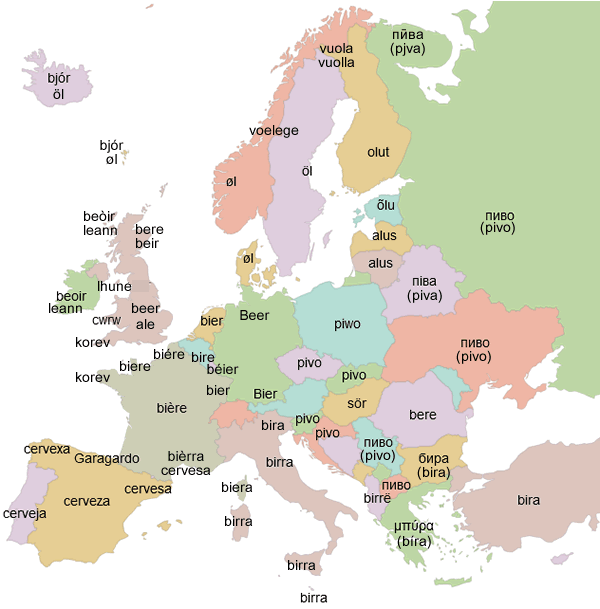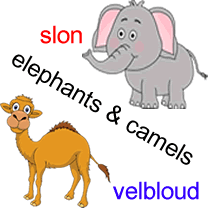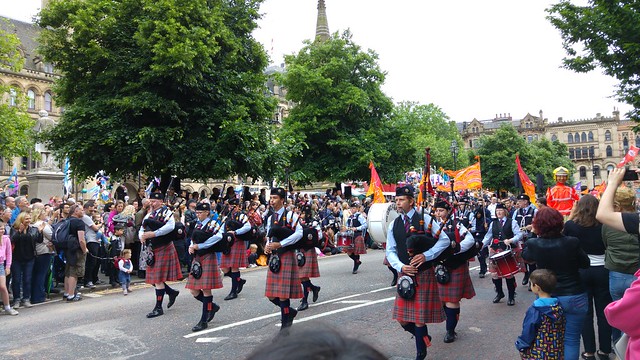A lot of the words in Italian are similar to words in Spanish, French or other Romance languages I know, but quite often I come across a word that doesn’t seem familiar at all. For example, idraulico (plumber) – a bit different from plombier in French, plomero in Spanish.
Idraulico [iˈdraw.li.ko] means plumber, plumbing or hydraulic in Italian. It comes from Latin hydraulicus, from Ancient Greek ὑδραυλικός (hudraulikós – of a water organ), from ὕδραυλις (húdraulis – water organ), from ὕδωρ (húdōr – water) and αὐλός (aulós – pipe) [source].
Words from the same roots include hydraulic, hydrate and hydrofoil in English, hydraulique (hydraulic) in French, and υδραυλικός (ydravlikós – plumber, hydraulic engineer, hydraulic) in Greek, hydraulik (plumber) in Polish [source].
The French word plombier (plumber, plumbing), the Spanish word plomero (plumber, plumbing), and the English words plumber and plumbing, all come from Latin plumbārius (plumber, of or pertaining to lead), from plumbum (lead [metal], pipe of lead), possibly from Ancient Greek μόλυβδος (mólubdos – lead), or from Proto-Celtic *ɸloudom (lead) [source].
Related words from the same roots include piombo (lead, grey, bullet), piombino ([lead] seal, sinker [weight], plummet) in Italian, plomb (lead [metal], fuse, sinker [fishing weight]) in French, Plombe (seal, lead seal [dental] filling) in German, and plwm (lead, leaden) in Welsh [source].
The Spanish word plomero is used for plumber in Argentina, Bolivia, Colombia, Cuba, Dominican Republic, Ecuador, Guatemala, Panama, Paraguay, Puerto Rico, Venezuela and Uruguay. Other Spanish words for plumber include: fontanero in Spain, Mexico, Colombia, Costa Rica, El Salvador, Honduras and Nicaragua, gásfiter in Chile, gasfitero in Ecuador and Peru, and tubero in the Philippines [source].
Are there interesting words for plumber in other languages?











